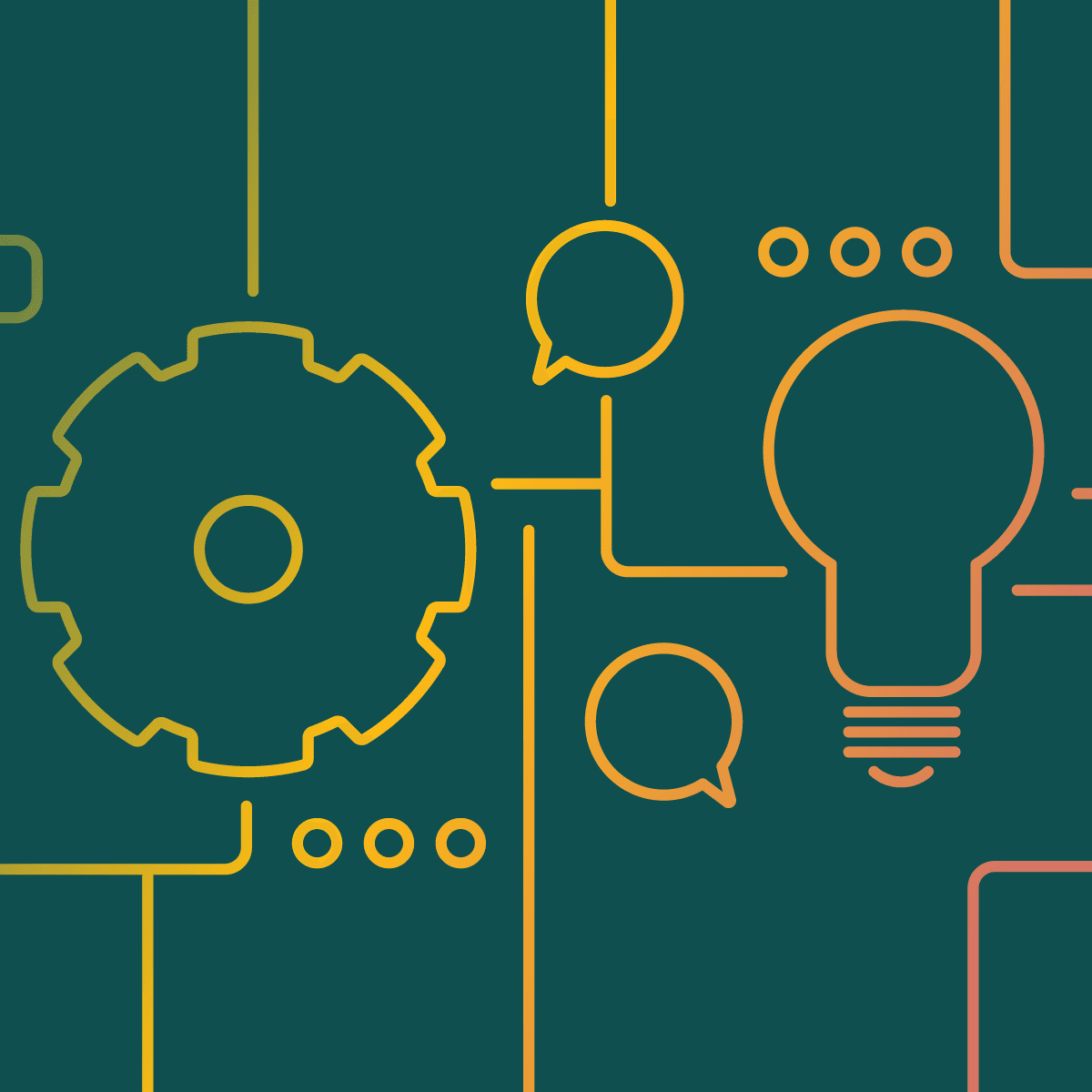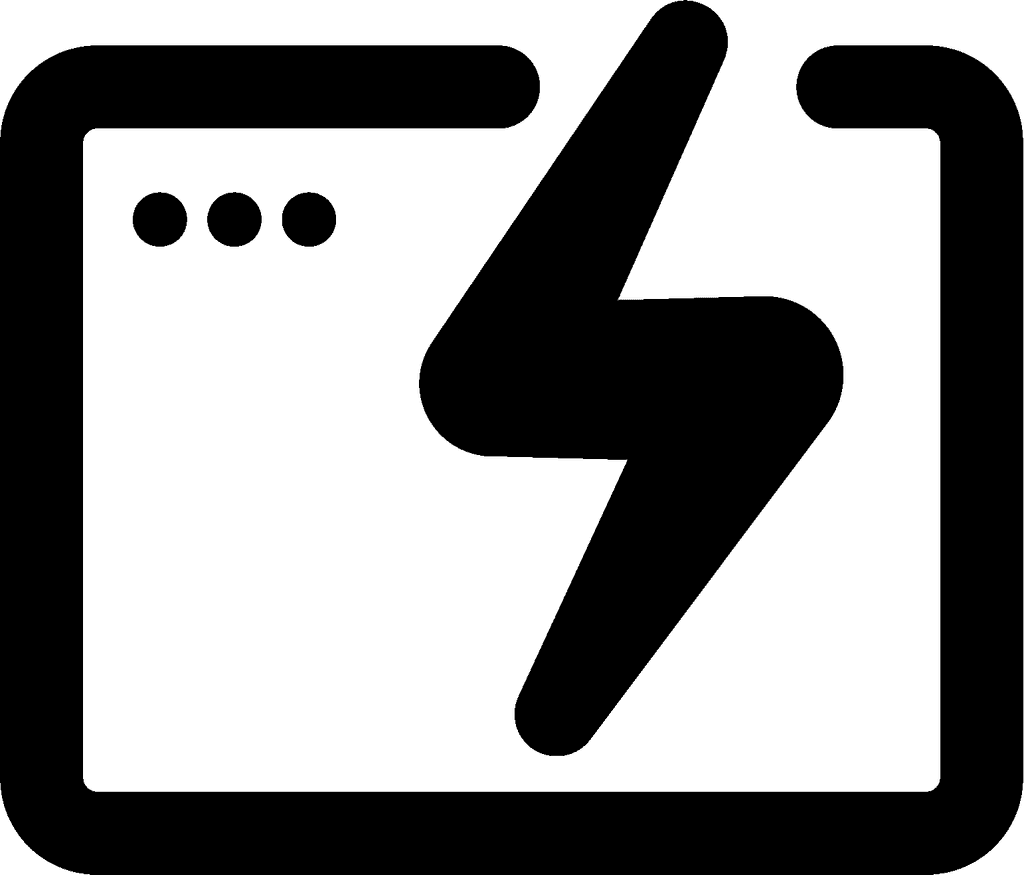Jira Service Desk AI: Enhancing IT Support Efficiency
Jira Service Desk AI revolutionizes IT support by integrating artificial intelligence into the popular service management platform. This cutting-edge technology streamlines workflows, enhances customer experiences, and boosts overall efficiency for support teams.
AI-powered features in Jira Service Desk automate ticket categorization, prioritization, and routing, reducing response times and improving issue resolution rates. The system learns from historical data and user interactions, continually refining its decision-making processes to provide more accurate and timely solutions.
Natural language processing capabilities enable Jira Service Desk AI to understand and respond to user queries in real-time, offering instant support for common issues. This frees up human agents to focus on more complex tasks, ultimately leading to higher productivity and customer satisfaction.

Understanding Jira Service Desk and AI
Jira Service Desk has undergone significant changes with the integration of AI technology. This powerful combination enhances service desk operations and improves user experiences.
The Evolution of Jira Service Desk
Jira Service Desk, developed by Atlassian, started as a ticketing system for IT support teams. It quickly expanded to serve various departments, including HR and facilities management.
Over time, Jira Service Desk incorporated features like self-service portals, automated workflows, and SLA tracking. These additions streamlined request management and improved team efficiency.
Recent updates focused on user experience, with intuitive interfaces and customizable dashboards. The platform's flexibility allowed organizations to tailor it to their specific needs.
AI's Role in Modern Service Desks
Artificial Intelligence has revolutionized service desk operations. AI-powered chatbots now handle routine inquiries, freeing up human agents for complex issues.
Machine learning algorithms analyze historical data to predict trends and optimize resource allocation. This proactive approach helps prevent potential problems before they escalate.
Natural language processing enables more accurate ticket categorization and routing. AI assists in knowledge base management, suggesting relevant articles and updates based on user interactions.
Predictive analytics help identify bottlenecks and areas for improvement in service delivery. Some AI systems can even automate certain resolutions, further reducing response times.
Key Features of AI-Enhanced Jira Service Management
Jira Service Management leverages artificial intelligence to streamline workflows and enhance user experiences. AI-powered features automate tasks, provide intelligent insights, and enable more efficient service delivery.
Virtual Agent Implementation
Jira Service Management's Virtual Agent uses natural language processing to understand and respond to user inquiries. This AI-powered chatbot handles common requests, freeing up human agents for more complex issues. The Virtual Agent can:
Answer frequently asked questions
Guide users through basic troubleshooting steps
Create and update tickets automatically
Escalate complex issues to human agents when necessary
Virtual Agents are available 24/7, reducing response times and improving user satisfaction. They learn from interactions, continuously improving their accuracy and effectiveness.
AI For Triage and Incident Management
AI enhances incident management in Jira Service Management through intelligent triage and routing. The system analyzes incoming tickets to:
Categorize issues based on content and urgency
Assign tickets to appropriate teams or individuals
Suggest relevant knowledge base articles
Predict issue resolution times
This AI-driven approach reduces manual effort and ensures faster, more accurate incident handling. It also helps identify patterns in recurring issues, enabling proactive problem management.
Machine Learning-Powered Insights and Analytics
Jira Service Management employs machine learning algorithms to generate actionable insights from service data. These AI-powered analytics help teams:
Identify trends and patterns in service requests
Predict future incident volumes and types
Recommend process improvements
Optimize resource allocation
ML-powered insights enable data-driven decision-making, leading to more efficient service delivery and improved customer satisfaction. Teams can proactively address potential issues before they escalate, reducing downtime and enhancing overall service quality.
Integrating AI with Team Workflows
AI integration enhances efficiency and streamlines processes in Jira Service Desk. Teams can leverage intelligent automation to boost productivity, streamline actions, and improve collaboration.
Boosting Team Productivity with AI Assist
AI-powered assistants in Jira Service Desk help teams work smarter. These tools analyze historical data to suggest optimal ticket assignments and prioritization.
AI can predict potential bottlenecks and recommend resource allocation adjustments. This proactive approach minimizes delays and improves overall team performance.
Natural language processing capabilities enable AI to extract key information from tickets automatically. This feature reduces manual data entry, allowing agents to focus on solving complex issues.
Automating Actions with AI-Powered Workflows
AI-driven automation in Jira Service Desk transforms routine tasks into efficient, error-free processes. Smart workflows can categorize and route tickets based on content analysis.
Machine learning algorithms adapt to team patterns, suggesting custom automation rules. These AI-generated workflows evolve with the team, continuously improving efficiency.
Automated responses for common queries save time and ensure consistent service quality. AI can draft initial responses, which agents can review and personalize as needed.
Seamless Communication and Collaboration Tools
AI enhances team communication by providing context-aware suggestions during ticket discussions. This feature helps maintain clear and consistent messaging across the team.
Intelligent chatbots facilitate real-time collaboration between team members and stakeholders. These AI-powered assistants can schedule meetings, share relevant documents, and provide status updates.
AI-driven analytics offer insights into team communication patterns. Managers can use this data to identify areas for improvement and foster better collaboration strategies.
Language translation features powered by AI break down communication barriers in global teams. This capability ensures smooth collaboration across diverse linguistic backgrounds.
Amplifying Agent and Customer Experiences
AI-powered tools in Jira Service Desk enhance agent productivity and customer satisfaction. These technologies streamline workflows, improve communication, and provide faster resolutions.
Enhanced Agent Assignment and Prioritization
AI algorithms analyze incoming tickets to assign them to the most suitable agents. This system considers factors like agent expertise, workload, and ticket complexity. Automated prioritization ensures critical issues receive immediate attention.
Machine learning models predict ticket resolution times, helping managers allocate resources effectively. Agents benefit from AI-suggested solutions based on similar past issues, speeding up response times.
Leveraging AI to Improve Customer Interactions
Natural language processing enables AI chatbots to handle common customer queries. These chatbots provide instant responses 24/7, freeing up human agents for more complex issues.
AI-powered sentiment analysis detects customer emotions in written communications. This helps agents tailor their responses appropriately and escalate urgent matters.
Automated translation services break down language barriers, allowing agents to assist a global customer base more efficiently.
Integrating Knowledge Bases for Expedited Support
AI systems continuously scan and index knowledge base articles. When a new ticket arrives, relevant information is automatically suggested to agents.
Machine learning algorithms identify knowledge gaps by analyzing frequently asked customer questions. This data helps teams create targeted content to address common issues.
Smart search functionality allows customers to find solutions quickly without agent intervention. The system learns from user behavior to improve search results over time.
AI-powered content recommendations appear within tickets, helping agents resolve issues faster. These suggestions adapt based on the specific context of each support request.
Implementation and Best Practices
Implementing AI in Jira Service Management requires careful planning and execution. Proper setup, ongoing optimization, and adherence to data privacy standards are crucial for success.
Setting Up AI in Jira Service Management
To begin, administrators should enable Atlassian Intelligence within Jira Service Management. This involves navigating to the project settings and activating AI capabilities.
Next, configure AI-powered features like smart suggestions and automated ticket routing. These can be customized based on project needs and team workflows.
Training the AI model with historical data improves accuracy. Import past tickets, resolutions, and customer interactions to build a robust knowledge base.
Integrate AI with existing knowledge bases and documentation. This enhances the system's ability to provide relevant solutions and information to users.
Optimization and Continuous Improvement
Regular performance reviews are essential. Monitor AI-generated responses and solutions for accuracy and relevance.
Collect user feedback on AI interactions. This data helps identify areas for improvement and refine the system's capabilities.
Update training data periodically. Include new tickets, resolutions, and customer feedback to keep the AI model current.
Experiment with different AI configurations. Test various settings to find the optimal balance between automation and human intervention.
Stay informed about Atlassian Intelligence updates. New features and improvements can enhance the AI's functionality and efficiency.
Best Practices for AI Governance and Data Privacy
Establish clear guidelines for AI usage within the organization. Define roles and responsibilities for managing AI-powered tools.
Implement strong data protection measures. Encrypt sensitive information and limit access to authorized personnel only.
Ensure compliance with relevant data privacy regulations. GDPR, CCPA, and other laws may impact how AI processes customer data.
Maintain transparency with users. Clearly communicate when they are interacting with AI-powered systems.
Regularly audit AI decisions and outputs. This helps identify and correct any biases or errors in the system.
Frequently Asked Questions
AI enhances Jira Service Desk in several key areas. It improves automation, search capabilities, and integrations with other tools. Pricing models and available plugins also factor into implementing AI within Jira.
How does AI enhance the functionality within Jira Service Desk?
AI in Jira Service Desk automates ticket routing and prioritization. It analyzes historical data to suggest solutions for common issues.
Machine learning algorithms help predict ticket volumes and resource needs. This allows teams to proactively allocate staff and resources.
What plugins are available to integrate AI capabilities into Jira?
Several AI plugins extend Jira's capabilities. Resolution Bot uses natural language processing to suggest relevant solutions.
Forecast Bot predicts project timelines based on past performance data. Smart Assign automatically routes tickets to the most appropriate team members.
How can artificial intelligence be leveraged for better project management in Jira?
AI assists in estimating task durations and project timelines. It analyzes historical project data to identify potential risks and bottlenecks.
Machine learning algorithms can suggest optimal resource allocation across projects. This helps managers make data-driven decisions about team assignments and workloads.
Are there any options for AI-powered search within the Jira platform?
Jira offers AI-enhanced search functionality. Natural language processing improves search accuracy by understanding context and intent.
Semantic search capabilities help users find relevant information across projects and issues. AI-powered recommendations surface related content as users browse.
What are the pricing models for AI features or integrations in Jira?
Pricing for AI features in Jira varies by vendor and capability. Some basic AI functions are included in standard Jira licenses.
Advanced AI integrations often follow subscription-based models. Pricing tiers may be based on usage volume or number of users.
How does Jira integrate with other tools like Slack using AI technology?
AI-powered Jira-Slack integrations enable smart notifications and updates. Natural language processing allows users to create and update Jira issues directly from Slack.
Chatbots can provide project status updates and answer queries about Jira data within Slack. This streamlines communication and improves team productivity.

Build a more powerful help desk with Risotto
Minimize Tickets and Maximize Efficiency
Simplify IAM and Strengthen Security
Transform Slack into a help desk for every department
Schedule your free demo



